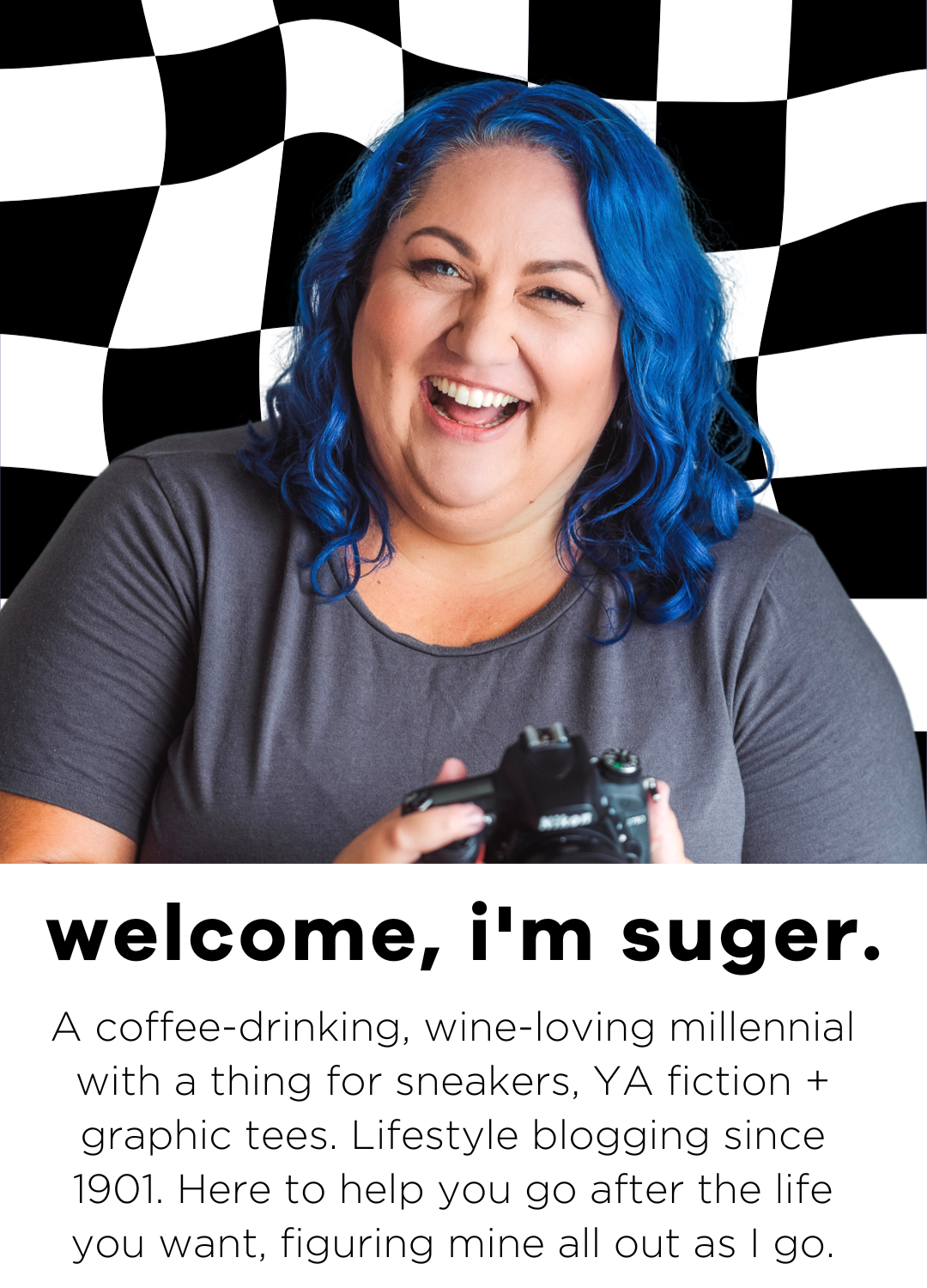We welcome to the blog today Alex of the awesome blog Jet Georgette. Alex heard that I had nothing written for the blog today and offered to supply a post that she knew my Confident You readers would enjoy. It’s a follow on from this post on her blog. A post that takes those feeling you have when someone offends you and turns them into a productive opportunity for self-awareness. Sounds great, right? Over to Alex to get started. I’ll be back at the end to share my two cents worth.
Having someone offend you can be a good thing.
No, really, hear me out. The feeling of being offended, the blood rushing to your face, and the “how can you EVEN think that?” thoughts are all signs that one of your core, implicit values has been trodden on. Implicit values are things we carry around with us all the time. They’re invisible; it’s our invisible baggage. Most of the time, we don’t even know we HAVE them — that’s why they’re implicit.
It’s all the workings of how we think the world should work and should be; what things you think should be rewarded and championed, and what things you think should be punished. Our implicit values slip into our speech, our mannerisms, and the way we relate to the people and world around us.
There’s nothing inherently bad about implicit values. In fact, it’s what makes you, uniquely you. The tricky thing about implicit values is coming to know them, so that we can be aware and conscience in our experience of the world, and be mindful of the personal stamp we place upon it by living. Being aware of them provides a more solid sense of self. And that, my friends, is where being offended comes in.
Figuring out why you were offended and what value has been trespassed is the key to uncovering some implicit values. You experienced something that was so thoroughly against what you stand for that it made you feel acutely uncomfortable. Reflect on that moment.
What was it? What exactly has offended you? Why did those particular set of words, said in that particular order, spat out by that particular person, at that particular time offend you? Is there any truth to what was said? Could it have been said in a way that wouldn’t have offended you? Or could someone else have said it? What set off your trigger? All of this forms the beginning of the process of identifying your implicit values after being offended.
Is it because someone younger and less experienced than you told you how to do something in that know-it-all tone? Is it because someone is just expecting you to do something completely out of your way for them without even asking or acknowledging that you don’t have to do it? Is it because someone has made fun or dismissed something that you hold dearly? From here, it’s just a series of platforms that help you launch deeper into introspection. You have to go deep to uncover the fundamental values that make you unique.
And when you eventually uncover it, it may not be all that clear. It may just be a sense, a feeling, or intuition. And each time you get angry, or uncomfortable, or offended, it adds another clue to help you crystallise that sense until it’s clear enough for you to see it, grab it, describe it, and own it. It’s an iterative process, a continual journey of self-discovery, a trial by fire.
And if getting to know yourself isn’t the best expression of living, I don’t know what is.
Uncovering an implicit value like those that Alex has talked about became essential for me when it came to my relationships and in particular my marriage. To have a set of shoulds in your head demanding your attention as you go about building a lasting relationship is impossible. Not knowing they are there in the first place is even worse. Impossible.
I’ve written about my journey to giving up the shoulds of being a grown up in one of the most-popular post on this blog ever, short and sweet it’s called Un-Serious. If you want to create an amazing, happy life you have to know yourself and when you think you know, keep digging because there will be more there.
I spoke to a 91-year-old colleague last night who told me that he believes the secret to his longevity is that he has never stopped exploring his own thoughts, beliefs and ideas on things. So if that isn’t a good enough reason to take Alex’s advice, I don’t know what is!
Hi! I’m Melissa Walker Horn. Around here, they call me Suger. I’m the Chief Blogger and doer of all the things here at Suger Coat It. Blogging since 1901; I love a casual ootd, taking photos, and writing about things that irk or inspire me. I love wine and cheese, long days at the beach and spending time with my family. I make stuff for the internet over at Chalkboard Digital. You know, living the sweet life.




Love this post – great collaboration ladies!
Thaaaaanks Kaite. We make a great team apparently. Now to get my butt over there to visit you fun and fab Perth Curvettes. 😉
YAY! Great post ladies. Implicit or core values are so important. They help us be the way we want to be in the world.
Thank you Lucy-Anne, that friend of yours saved my butt over here today. It would’ve been a lonely old blog day without her.
She is a pretty good friend to have. I have had a similar sort of post floating around in my head for about a week, and it finally took form today, about being enough. These things are so powerful.
Indeed they are, so powerful.
Great post & great wrap up, great teamwork ladies…
Thank you KP. x